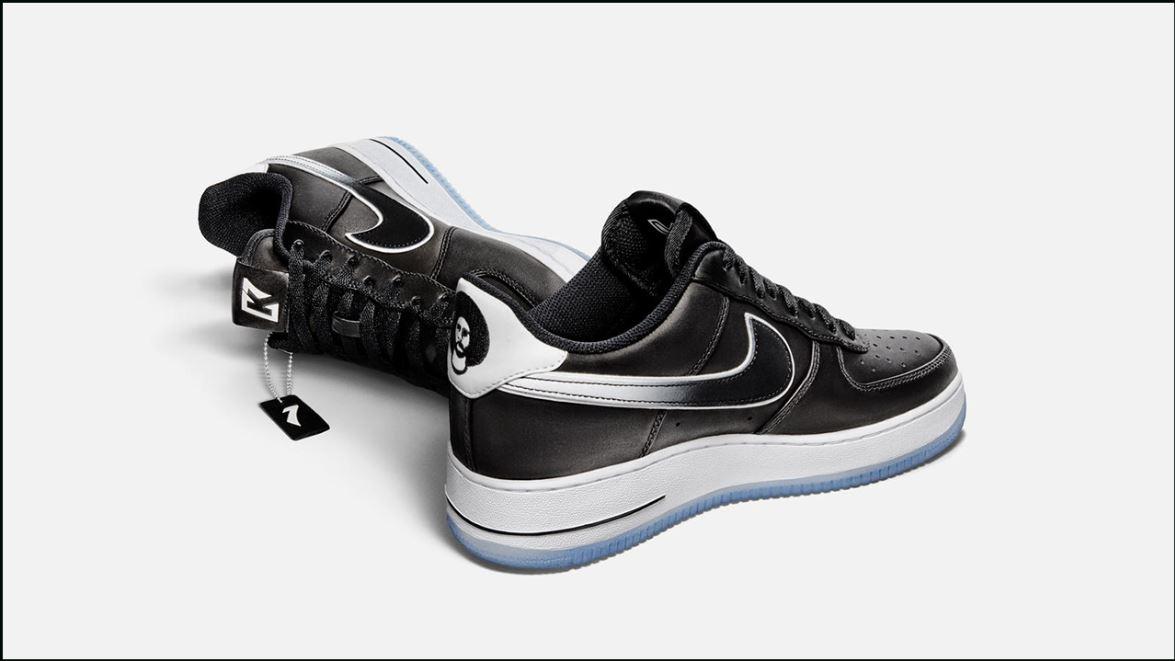Nike could gain from Vaporfly shoe controversy
'Controversy is good for sales,' said Matt Powell, senior sports industry adviser at NPD Group
Debate over Nike's Vaporfly shoes that some say give runners an unfair technological advantage may actually help the world's largest athletic apparel company sell more shoes, analysts said on Thursday (January 16).
GET FOX BUSINESS ON THE GO BY CLICKING HERE
A working group at governing body World Athletics has been examining for months what to do about the hyper-advanced footwear, used by elite runners Kenya's Eliud Kipchoge and Brigid Kosgei in stunning performances last year. In October 2019, Kipchoge became the first man to run a marathon in under two hours, and just over 24 hours later in Chicago, Kosgei broke Paula Radcliffe's 16-year-old women's marathon world record.
NIKE VAPORFLY SNEAKERS COULD BE BANNED BY WORLD ATHLETICS
Competing media reports this week have claimed, without giving sources, that it will either issue a wholesale ban on the shoes or take more limited measures to deal with the carbon plate and foam sole technology it uses to aid runners.
Debate has raged among athletes and commentators on Twitter and other social media sites about whether the shoes should be allowed and if a ban could be implemented effectively beyond heavily-monitored elite racing. The publicity may only benefit Nike's bottom line.
"Controversy is good for sales," said Matt Powell, senior sports industry adviser at NPD Group.
"Nike has not made a lot of pairs here, so (there is) no real financial impact. Amateur runners can still run in these shoes."
CARLOS BELTRAN STEPS DOWN AS METS MANAGER OVER INVOLVEMENT IN ASTROS CHEATING SCANDAL
Kipchoge, who wore Vaporflys when he ran the first sub-two-hour marathon in Vienna last October, told the Telegraph on Wednesday (January 15) that wearing the shoes was "fair" and that the sport should embrace such technological advances. Nike says on its website that the shoe, which retails at around $250, has "a built-in secret weapon". It did not respond to requests for comment on Thursday.
Shares in the Oregon-based firm were up 0.5%, while those in rivals Under Armour and Skechers USA gained about 1.5%. Japan's Asics Corp earlier closed up 2.5%.
Independent studies have concluded that the shoes, which have a curved, carbon-fibre plate embedded in a thick layer of lightweight foam, improve metabolic efficiency by 4%, though that does not necessarily mean a runner will be 4% faster. Nike, which aims to sell $50 billion worth of sportswear this year, capitalized in the 1980s on the controversy around Michael Jordan wearing red and black sneakers which violated the NBA's "predominantly white" rules.
CLICK HERE TO READ MORE ON FOX BUSINESS
Nike put black censor bars over the sneakers in TV ads and later re-launched its Air Jordan 1 shoes in a "banned" edition. The brand went on to become a billion-dollar business.




















